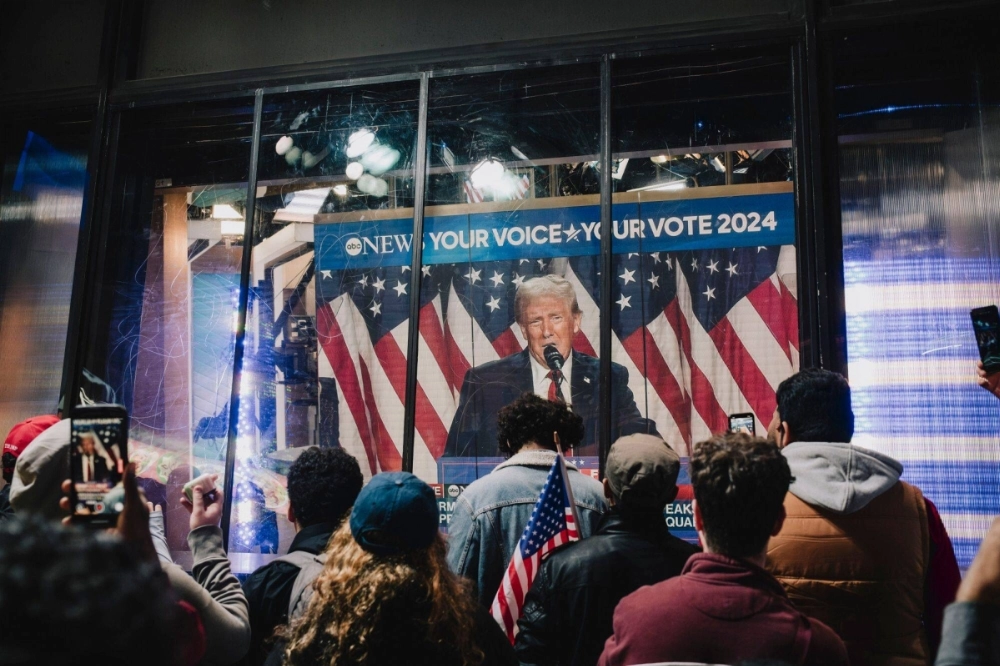Just hours after Donald Trump claimed victory in Tuesday’s U.S. presidential election, world leaders quickly lined up to congratulate him on his stunning return to the White House following his resounding defeat of his Democratic rival, Vice President Kamala Harris.
The effusive praise for the at times unpredictable once-and-future president, some of which came even before Harris had formally conceded Wednesday afternoon, highlighted the concern that is permeating the capitals of allies and partners, including Japan.
Namely, Trump’s penchant for transactionalism — in this case, demands of hefty payments in return for maintaining U.S. defense commitments — is widely expected to again rear its head.


















With your current subscription plan you can comment on stories. However, before writing your first comment, please create a display name in the Profile section of your subscriber account page.